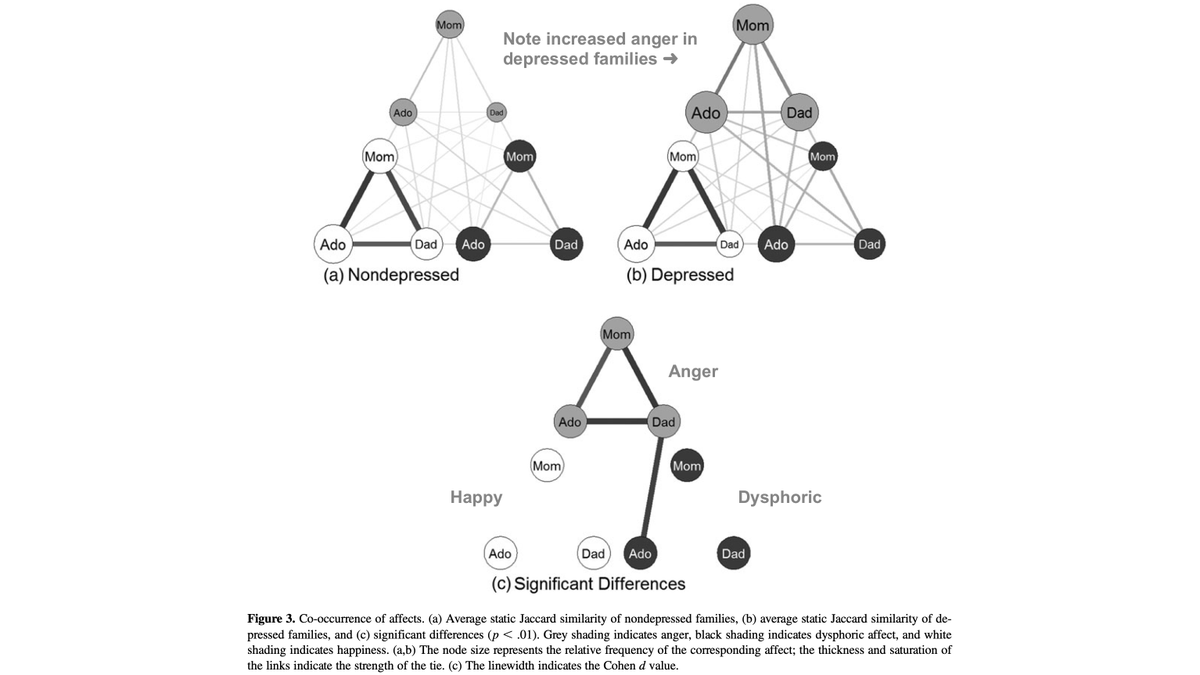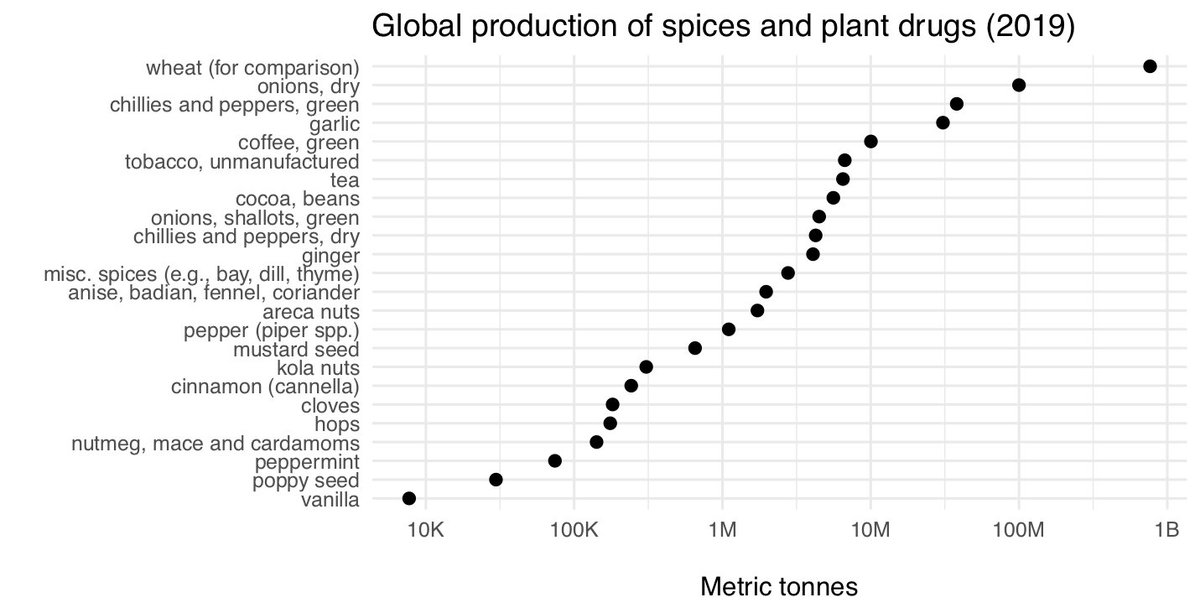
What's missing in most theories of #depression? Anger and conflict.
Theoretical model w/ @kristensyme: anthro.vancouver.wsu.edu/documents/685/…
* Sadness/grief: adaptive response to adversity without conflict.
* Depression: adaptive response to adversity with conflict.
🧵
Theoretical model w/ @kristensyme: anthro.vancouver.wsu.edu/documents/685/…
* Sadness/grief: adaptive response to adversity without conflict.
* Depression: adaptive response to adversity with conflict.
🧵

1. Conflict is a key concept in evolutionary approaches to behavior. Adaptive responses to conflict often involve costly behaviors, eg, fighting, which are NOT pathological!
What's the evidence that folks suffering depression, which is costly, are angry & enmeshed in conflict?
What's the evidence that folks suffering depression, which is costly, are angry & enmeshed in conflict?
2. CONFLICT
Many of the most potent risk factors for major depression, such as physical and sexual assault, serious marital problems, legal problems, robbery, and job loss, are prima facie instances of social conflict.
ajp.psychiatryonline.org/doi/full/10.11…
Many of the most potent risk factors for major depression, such as physical and sexual assault, serious marital problems, legal problems, robbery, and job loss, are prima facie instances of social conflict.
ajp.psychiatryonline.org/doi/full/10.11…

3. A study of a large representative US sample found that the number of anxiety & mood disorder episodes was strongly associated with social negativity with spouses, relatives, & friends (e.g., “How frequently do you argue with [them]”):
journals.sagepub.com/doi/abs/10.117…
journals.sagepub.com/doi/abs/10.117…
4. A 2-yr prospective study of an English population-based sample (1869 couples) found baseline marital discord -> subsequent depression, & baseline depression -> subsequent marital discord, ie, bi-directional relationship between conflict & depression psycnet.apa.org/doiLanding?doi…
5. Among the Tsimane, Amazonian horticulturalists, depression was significantly associated with social conflicts, especially with non-kin:
academic.oup.com/psychsocgeront…
academic.oup.com/psychsocgeront…
6. A meta-analysis of 165 studies in low-, middle- and high-income countries found bullying in children & adolescents -> anxiety, depression, poor general and mental health, non-suicidal self-injury, suicide attempts, and suicide ideation:
ncbi.nlm.nih.gov/pmc/articles/P…
ncbi.nlm.nih.gov/pmc/articles/P…
7. In a probability sample from 11 European countries (n = 4779 couples), marital conflict was associated w/ self-reported & partner-reported depressive symptoms in both sexes (albeit w/ weaker association for women in N. Europe) onlinelibrary.wiley.com/doi/abs/10.111…
8. A longitudinal study of a representative sample of German couples (n = 1273 couples) found that financial conflict & depressive symptoms were related initially and over time:
link.springer.com/article/10.100…
link.springer.com/article/10.100…
9. Death of a loved one, one of the most common causes of depression, does not at first glance seem to involve social conflict. There are solid theoretical reasons, however, backed by accumulating empirical evidence, to believe that it does...
10. Social partners provide critical benefits, such as food, protection, information, & assistance with child rearing & other tasks. Individuals who lose a social partner must acquire these benefits from other social partners, who might be reluctant to provide them.
11. A study of 156 Australian families that had suffered the death of a parent found that about one-third of families were characterized by conflict six weeks after the death, one-quarter at six months, and 15% at 13 months
psycnet.apa.org/record/1996-00…
psycnet.apa.org/record/1996-00…
12. A systematic review found that, after a loss, family conflict was a major risk factor for complicated grief:
scielo.br/j/csc/a/ZVPnvN…
scielo.br/j/csc/a/ZVPnvN…
13. ANGER
Conflict engenders anger. There is an equally clear association of depression with anger. Riley et al. (1989) found that depressed subjects experienced moderately abnormal levels of anger and tended to suppress instead of express their anger:
psycnet.apa.org/record/1990-09…
Conflict engenders anger. There is an equally clear association of depression with anger. Riley et al. (1989) found that depressed subjects experienced moderately abnormal levels of anger and tended to suppress instead of express their anger:
psycnet.apa.org/record/1990-09…
14. In another study, patients with major depression (n = 73) had higher anger, hostility, and aggression than those with anxiety disorders (n = 67), somatoform disorders (n = 47), or healthy controls (n = 215):
psychiatrist.com/jcp/depression…
psychiatrist.com/jcp/depression…
15. Gilbert et al. (2004) conducted interviews with 50 depressed inpatients and outpatients and found that 82% reported suppressing anger (the researchers did not ask about expressed anger).
sciencedirect.com/science/articl…
sciencedirect.com/science/articl…
16. A study of a nationally representative sample of Australians (n = 8841) found that, controlling for demographics and comorbidity, several mood, anxiety, and substance use disorders were independently associated with symptoms of anger:
journals.sagepub.com/doi/abs/10.117…
journals.sagepub.com/doi/abs/10.117…
17. A laboratory study of interactions between parents and their depressed/nondepressed adolescents, found that families of depressed adolescents expressed more anger than families of nondepressed.
cambridge.org/core/journals/…
cambridge.org/core/journals/…

18. A systematic review of the literature on postpartum depression and anger found that anger and depression were often linked, with anger elevated in depressed vs. nondepressed mothers, and that anger was associated with powerlessness.
onlinelibrary.wiley.com/doi/abs/10.111…
onlinelibrary.wiley.com/doi/abs/10.111…
19. In a large study of psychiatric outpatients (n = 3800), anger and overt aggression were common, particularly among those diagnosed with major depression, intermittent explosive disorder, and cluster B personality disorders:
sciencedirect.com/science/articl…
sciencedirect.com/science/articl…
20. A 25-year longitudinal study of depression and anger among Canadians (n = 944) found a stable relationship between higher anger and higher depression both between individuals, and within individuals over time.
psycnet.apa.org/record/2018-46…
psycnet.apa.org/record/2018-46…
21. A meta-analysis of 491 studies (n = 235,085) among employees found that depression, anger, anxiety, and negative affect were strongly correlated with each other (r = 0.69), and were associated with job-related stressors
sciencedirect.com/science/articl…
sciencedirect.com/science/articl…
22. A recent review found that "anger appears to be an important and understudied emotion in the development, maintenance, and treatment of emotional disorders." [e.g., anxiety disorders, depressive disorders]
onlinelibrary.wiley.com/doi/pdf/10.111…
onlinelibrary.wiley.com/doi/pdf/10.111…
23. Our theory? Conflict explains the puzzling & costly symptoms of depression such as profound loss of interest & suicidality. Depression is a costly signal of need in conflicts that functions like a labor strike in families & other interdependent relationships...
24. When powerful others benefit from an individual’s efforts but she does not, she can reduce her productivity or threaten death to compel changes that benefit her.
/end
anthro.vancouver.wsu.edu/documents/685/…
/end
anthro.vancouver.wsu.edu/documents/685/…
• • •
Missing some Tweet in this thread? You can try to
force a refresh












